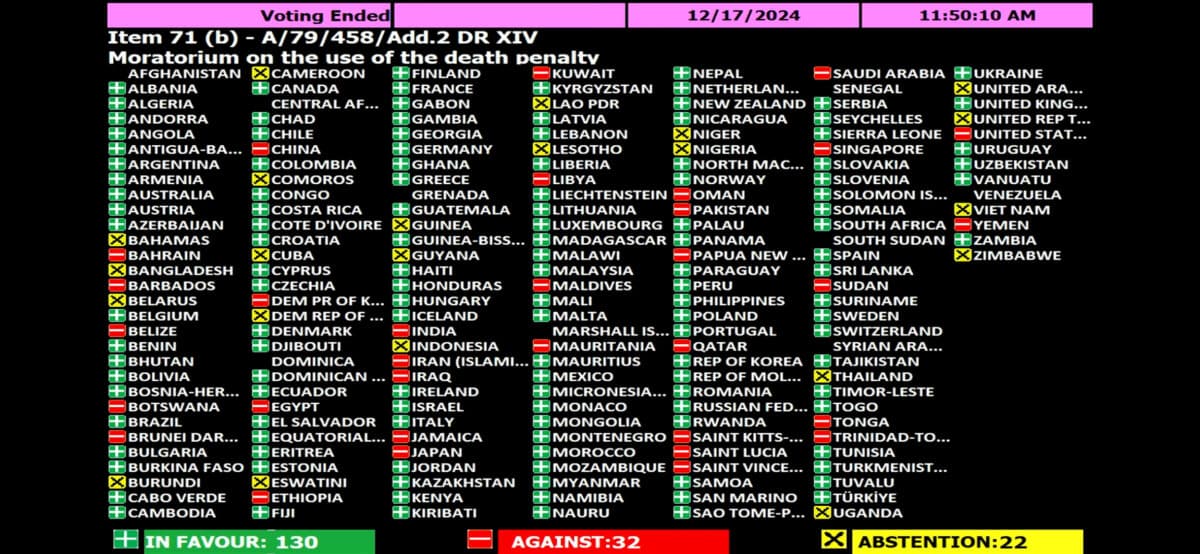Interview: Pakistan on its way to a moratorium?
Abolition
Some observers believe the measure will go through, others doubt it. Pakistani lawyer and human rights defender Kamran Arif told Worldcoalition.org why he is confident that a moratorium is at hand.
What is the latest news on the Pakistani government’s to have all death sentences commuted?
It was approved by the cabinet, but the Supreme Court issued a notice to the government regarding its constitutionality. Technically, it is on hold until the Court returns from vacation in September. At the moment, people are still in death cells, facing execution.
Why did the government make that decision?
The founder of the ruling Pakistan People’s Party (PPP), Zulfikar Ali Bhutto, was hanged in 1979. They know first-hand what the judicial system is like. Under Benazir Bhutto’s first government, they commuted all death sentences and no one was executed.
She wanted to do away with the death penalty and this is still in the PPP’s mind. I think they have a long term commitment to the abolition of capital punishment, but they won’t articulate it right now.
What are the obstacles to the abolition of the death penalty in Pakistan?
Public opinion is in favour of the death penalty. The argument is religious: this is an area where religious law clashes with state law, although Muslims admit that murderers can be pardoned by the family of their victim.
The PPP have made no public statement on their opposition to the death penalty, but if growing pressure was applied on them and if there was a swing in public opinion, it would encourage them.
What can anti-death penalty activists do to support the government’s initiative?
They should both support the government and put pressure on them to live up to their commitment. We will also fight whatever legal battles have to be fought. The Human Rights Commission of Pakistan has been considering becoming a party to the Supreme Court case, and we are trying to find out when the Court will hear the government on the commutations order.







